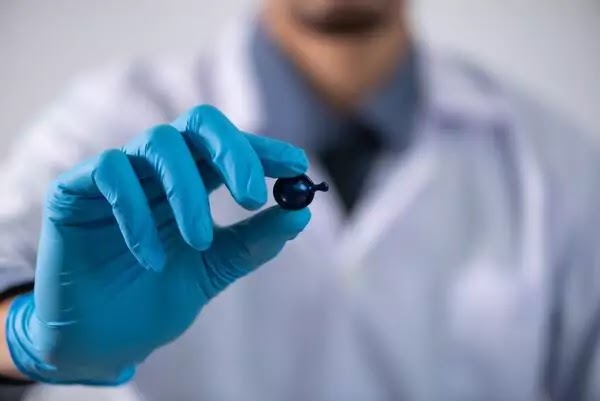Vitamin-D | How Can You Prevent Prostate Cancer?
Physicians around the world who specialize in naturopathic care are working hard to educate their male patients about bladder cancer. This should be taken seriously as breast cancer is taken up by women. Like breast cancer, your chances of survival improve when you get regular tests. Unfortunately, many men do not do this, which puts men at risk of contracting this protected disease.
Rapid Deterioration
If you are unfamiliar with the prostate, a walnut-sized organ is found within the male reproductive system. Another sign of tumor growth is when the prostate becomes abnormally large, however, by this time, the disease has advanced significantly. It is best to get tested regularly to catch cancerbefore it threatens your health.
So far, there is no real evidence of the cause of prostate cancer, however, naturopathic doctors believe that leading a healthy lifestyle and eating a balanced diet is key to keeping it away. Some have even succeeded in reversing the side effects of the disease by combining changes in their diet and lifestyle with standard medications. Other cancer treatments have been shown to be effective for patients.
What is still known about this type of cancer is that it contains genetic, environmental, and hormonal factors. Androgens are a single hormone that plays a key role in its growth. This hormone promotes tumor growth, so to lower levels, androgen therapy, also known as ADT, can be used. Hormone replacement therapy is also a way for people to fight inequality.
Who is more likely to Get Prostate Cancer?
This is a very common disease that affects men over the age of 50, especially if you are born in Africa. Men who have close relatives who have been diagnosed with the disease, such as a father, son or brother, are at special risk.
Studies show that African American men are 2.5 times more likely to develop this type of cancer than Caucasian men. In the U.S., this is the second leading cause of cancer deaths in men.
What Signs Should You Look For?
It is difficult to diagnose cervical cancer early without a medical examination. There are various ways this can be done, such as having a digital rectum scan or a blood test to measure prostate-specific antigens, or PSA. If you have high levels of PSA, it may mean that you have an infected prostate, which may be caused by inflammation or cancer.
Can Vitamin D Help?
There are studies that show the positive effects of vitamin D on prostate cancer. Prostate cancer patients often have vitamin D deficiency, while healthy men with adequate levels of vitamin D die from prostate cancer. These people also have fewer chances of developing aggressive cancer.
The recommended dose of vitamin D is less than 10,000 IU daily. You can get vitamin IV treatment at another cancer treatment center. There is still no concrete evidence that the link between bladder cancer and vitamin D is high, so further research is needed.
What we know so far
You can find vitamin D receptors across your cells. When vitamin D is ingested, it attaches itself to these receptors. Once bound, chemical signals are transmitted from vitamin D, which tells the cells what to do, such as death or separation.
These same receptors can be found in prostate tissue, so vitamin Dbinds them as well. This is what is believed to cause cancer cells to die, stop growing or continue to spread to other areas of the system. And that is why vitamin D is believed to be helpful in the fight against prostate cancer.
Prostate cells are able to convert inactive forms of vitamin D into active ones. Many cancer cells lose this ability, but they still have receptors. This is why vitamin D supplementation is effective in reducing the growth of cancer cells.
Prevention of Cancer
The highest incidence of cancer is in the U.S., probably because Americans are less exposed to the sun. Most people today spend most of their time working at home, whether at work or at home. You can talk to a naturopathic doctor about lifestyle changes and dietary strategies that you can use to reduce the risk of prostate cancer. You should also ask about your vitamin Dlevels to find out if vitamin IV treatment is right for you.






